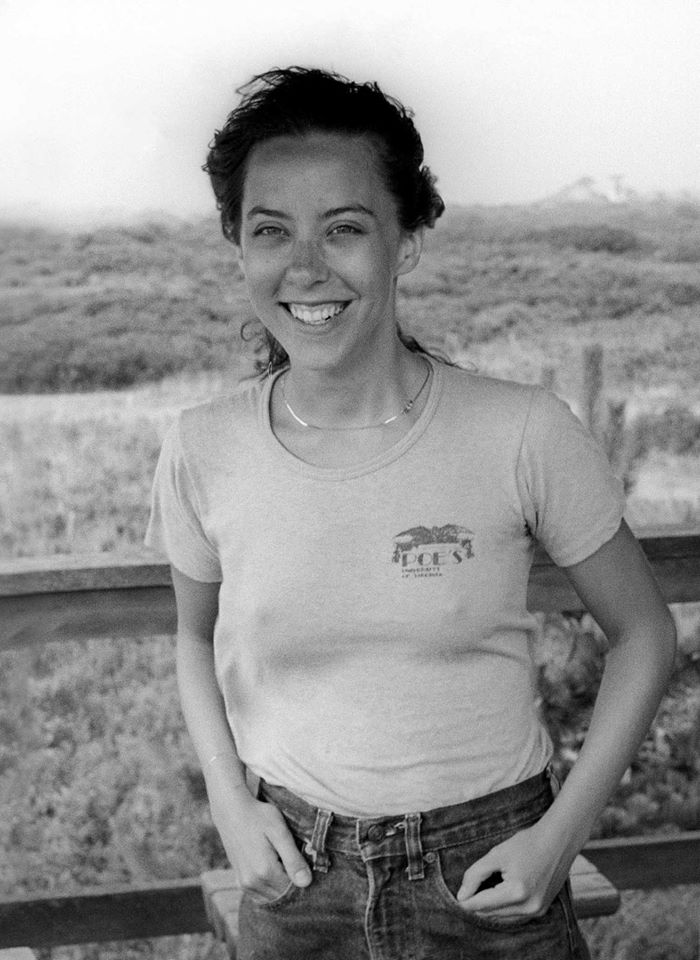
Allow me to let one of your messages stand for the rest:
You and Hilary, and your love for one another, are an inspiration. People really want to believe in that sort of love, especially right now.
I hope so.
* * *
I thought you might like to read about Hilary’s last good day.
Weakened by a decade and a half of ceaseless battle against pulmonary hypertension and the double-lung transplant surgery that we had long hoped would cure it, she was now suffering from an acute bacterial infection for which she was being treated by an antibiotic that so far had failed to reverse her rapid decline, aggravated by kidney failure and various other urgent problems. I arrived at New York-Presbyterian Hospital at midday on Monday assuming that I would be telling Hilary’s doctors to let her die as peacefully as possible, and I’d already warned her family to expect as much. I spoke to her about the gravity of her condition to prepare her for what was to come. She was intubated and unable to speak, but I could tell that she understood what I was saying.
As we prepared to start the complicated paperwork necessary to withdraw life-sustaining measures, Selim Arcasoy, the lung-transplant specialist in charge of Hilary’s case, called to tell me that he had just conferred with the rest of her transplant team and a group of infectious-diseases doctors, and that they were unanimous in believing there to be a small but “non-zero” possibility (as one of them put it) that they could still get the infection under control. I felt that the decision to continue treatment should be left to Hilary, so I laid the situation out to her, then said, “Darling, this is very important—you must make your wishes clear to me. If you want to continue the antibiotics, blink.” She blinked, unambiguously and right on cue.

I told the doctors to hold off on the paperwork and went back into her room. Then an inspiration came to me. “Sweetheart, let’s listen to some happy music,” I said. I opened up my MacBook Air and booted up iTunes, and we spent the next hour and a half listening to joyous records that I knew she liked: Louis Armstrong’s “Back o’ Town Blues,” Leonard Bernstein’s Candide Overture, Johnny Cash’s “Get Rhythm,” Ry Cooder’s “FDR in Trinidad,” Paul Simon’s “Graceland,” Stephen Sondheim’s “Getting Married Today.” Her eyes opened fully for the first time in a month, then grew wide with what I knew was pleasure. I thought: This may be our last real day together—and it’s been a good day, a day we wouldn’t have had without Dr. Arcasoy.
The very last thing I played was the chamber-orchestra version of Aaron Copland’s Appalachian Spring, a piece that had always been close to both our hearts. By then, Hilary was clearly growing tired, and I kissed her and went home to rest up for whatever was to follow, completely drained but profoundly happy.
She died the following night, peacefully and without struggle.
* * *
To learn more about Hilary’s rare illness, go here.
To find out how to become an organ donor, go here.
To donate to the Pulmonary Hypertension Association, go here.
